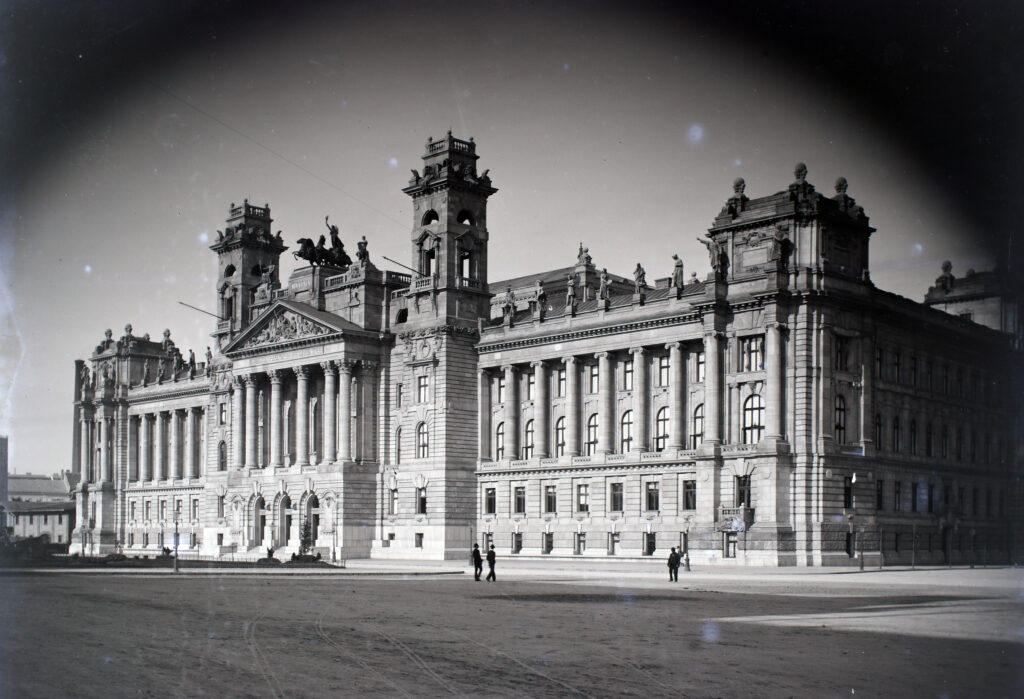
Long before appellants wishing to bring appeal cases to the CJEU were obliged to file a separate request for admission of the appeal, access to the Kúria (the Hungarian Supreme Court) was restricted by the Hungarian Civil Procedure Act (Act CXXX of 2016).
The Kúria acts as a court of cassation or revision. In general, a party can request the review of an appeal decision either in case a violation of law has had an impact on the merits of the case, or the decision of the lower court dissents from a previously published decision of the Kúria in a question of law.
However, the review request is not in principle permissible in property disputes in case the first instance judgment was confirmed by the court of second instance on the basis of identical legal provisions and legal reasoning, unless a separate request for permitting the review is granted by the Kúria.
Since the 2016 act was passed, there have been insecurities (i) whether IP cases are deemed as property disputes at all, for which the above exclusion applies and if so, (ii) how “identical legal provisions and reasoning” in first and second instance decisions should be interpreted.
In 2017, shortly before the new procedural rules entered into force, the Kúria published its “Opinion of the Civil Department”, which addressed the latter point. The Opinion states that the identity of the legal provisions and legal reasoning applied by the first and second instance courts must be clearly indicated in the reasoning of the second instance judgment with a reference to the relevant provision of the Civil Procedure Act. The second instance decision may contain further reasoning, but this does not affect the applicability of the provision in question. The Kúria added that these rules also apply in non-litigious property disputes (interim injunction requests and request for the reconsideration of the decisions of the Hungarian IP Office are adjudged in non-litigious court proceedings).
Nevertheless, the 2017 Opinion left practitioners in doubts regarding the exact method of reference necessary by the second instance court concerning the identity of legal provisions and legal reasoning applied. Also, the Kúria still accepted revision requests in IP cases until recently, which otherwise should have been impermissible due to the identity of the legal grounds applied by the first and second instance courts, which made practitioners wonder whether IP disputes qualified as property disputes at all.
To resolve the situation, the Kúria recently published another Opinion of the Civil Department. The 2021 Opinion (available here in Hungarian) overruled the previous one insofar as the Kúria shall determine whether the court of second instance upheld the judgment of the first instance by referring to the same legal provision and the same legal reasoning. Such determination shall be made on the basis of the legal provisions cited in the reasoning of the second instance decision or the content of the reasoning.
Also, the Kúria clarified that in addition to actions for purely pecuniary claims, property actions also include those where the asserted claim is based on the party’s property rights. Consequently, intellectual property disputes are also property disputes. This means that IP infringement actions, IP interim injunction actions and the actions for the reconsideration of the decisions of the Hungarian Intellectual Property Office shall all be deemed as property actions and the related disputes as property disputes.
TAKEAWAY. Under Hungarian law, if a party wishes to request a review of a second instance decision from the Kúria in an IP-related matter, the party needs to examine closely whether the first and second instance court decisions are based on the same legal provisions and reasoning. If they are, a separate request for permitting the review shall be filed along with the actual request for review. Otherwise the Kúria will refuse the request on formal grounds without going into the merits of the case.
Picture (c) Fortepan / Plohm József
_____________________________
To make sure you do not miss out on regular updates from the Kluwer Trademark Blog, please subscribe here.


